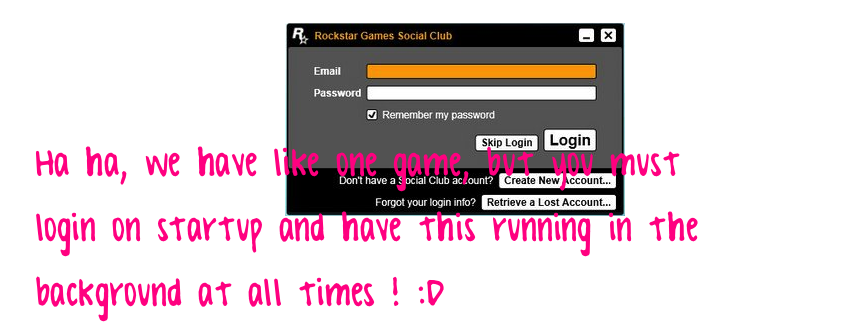Following the Crapware article, a discussion started both here and on reddit and a number of interesting points were brought forward that I feel are important to add.
- Let’s start on a positive note. Proof that updating can be done gracefully is provided by Google. When an update for Chrome becomes available, a tiny menu icon in the corner of the screen changes color from gray to orange. That’s it. That is unobtrusive enough to be easily ignored or postponed, but still different enough that people will want to click it and update. Which, by the way, takes like half a second. No popups, no denial of service, no attention whoring – just a small, decent, polite notification. Google, you’re doing it right.
- A site offering hassle-free and apparently crap-free downloads of most popular software, especially to help set up a new computer quickly, was pointed out to me: http://ninite.com/
- An economic argument was made that a certain type of crapware, namely the pre-installed trial versions such as Norton antivirus (may it burn in hell for all eternities) is essentially an ad-supported model to make low-end systems cheap. Perhaps. That is no justification for Dell and HP to stick this shit in $3000 computers.
And no justification whatsoever for the entire rest of the world of crapware.
- Cloud-based game library managers are useful, but realistically, nobody will want to run three different platforms. This is the kind of situation where the winner takes all, and the winner is obvious to all. Steam won the market. Trying to make any other platform happen at this point is pointless.
- While we’re on games, the uppermost conceivable pinnacle of douchy stupidity was surmounted by Rockstar Games with their Social Club – a crapwary service app to host a single game at the time of release.
- The scientific classification offered in the original article can be developed thus:
- Manufacturer software. (HP and Dell’s stuff)
- Third party software pre-installed and essentially advertised for a fee by the manufacturer. (Norton)
- Unwanted behavior of useful software (Update trolling by Adobe, Java et co.)
- Malware bundled with useful software (Java and Ask! toolbar)
Put into the context of my original article, those are the subclasses of breach of consumer trust that could and should be legislated.
So there.

